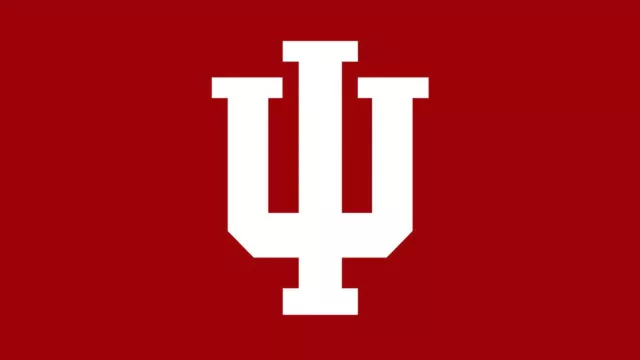Table of Contents
Indiana University stifles student press by blocking access to public records

University of College / Shutterstock.com
There’s no question that the list of public agencies across the country that — might we say — struggle to abide by public records laws is lengthy.
But if someone were to ask me for an example of a particularly bad actor, I wouldn’t hesitate to mention Indiana University — which, when it’s not issuing public records requests to itself as an end-run around policies protecting faculty privacy, is dragging its feet on responding to student journalists’ requests.
Or just unlawfully denying them.
You would think with a motto like “lux et veritas” — in English, “light and truth” — IU would prioritize transparency,
In a recent letter to IU, FIRE’s Student Press Freedom Initiative outlined several concerns with the university’s transparency practices — or perhaps the lack thereof — including mislabeling records as exempt from disclosure and stalling responses to simple requests for several months. These practices stifle the student press by undermining college journalists’ access to information that rightfully belongs to the public.
As we wrote in our letter, IU has violated Indiana’s Access to Public Records Act in its dealings with student newspaper Indiana Daily Student at least twice in the last year.
First, when IDS journalist Cate Charron requested a student’s disciplinary record and a Title IX case file, IU claimed FERPA blocked it from disclosing those records. The problem with this excuse? FERPA specifically provides that it does not “prohibit an institution . . . from disclosing the final results of any disciplinary proceeding . . . against a student who is an alleged perpetrator of any crime of violence . . . or a nonforcible sex offense.” Under this rule, the records Charron requested should have been open to disclosure.
In that case, Charron filed a complaint with the Indiana Public Counselor who agreed that IU had violated public records laws by inappropriately hiding behind FERPA.
In a second recent violation of public records laws, IU instituted absurd delays in responding to requests by IDS journalist Evan Gerike for emails between IU administrators containing particular keywords. After months of delays, the university only responded to Gerike’s requests within days of the publication of an IDS editorial calling into question the university’s transparency procedures. And, even after those months of delays, the university didn’t turn over the requested records to Gerike. Instead, it claimed that one of his requests had revealed no responsive records, and all records responsive to his other requests were exempt from disclosure.
This lack of transparency affects not only the student press; it also affects the public. As courts have recognized, the press — including the student press — serves as a “surrogate” for the public’s right to know. When the press can’t access information or documents, this also cuts off the public’s ability to access that same information.
You would think with a motto like “lux et veritas” — in English, “light and truth” — IU would prioritize transparency, but this isn’t the first time FIRE has come up against IU’s unscrupulous public records practices. In 2020, the Indiana Public Access Counselor agreed with FIRE that the university had violated the APRA when it denied our request for records about cancellation of SexFest, an event aimed at “providing information about and promoting safe sexual practice.
As we wrote in our letter, IU must once and for all revise its procedures for responding to public records requests, not only to bring the university in line with state law, but also to uphold its own values.
Recent Articles
Get the latest free speech news and analysis from FIRE.

VICTORY: Court vindicates professor investigated for parodying university’s ‘land acknowledgment’ on syllabus

Can the government ban controversial public holiday displays?

DOJ plan to target ‘domestic terrorists’ risks chilling speech



